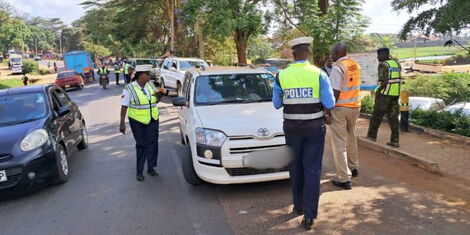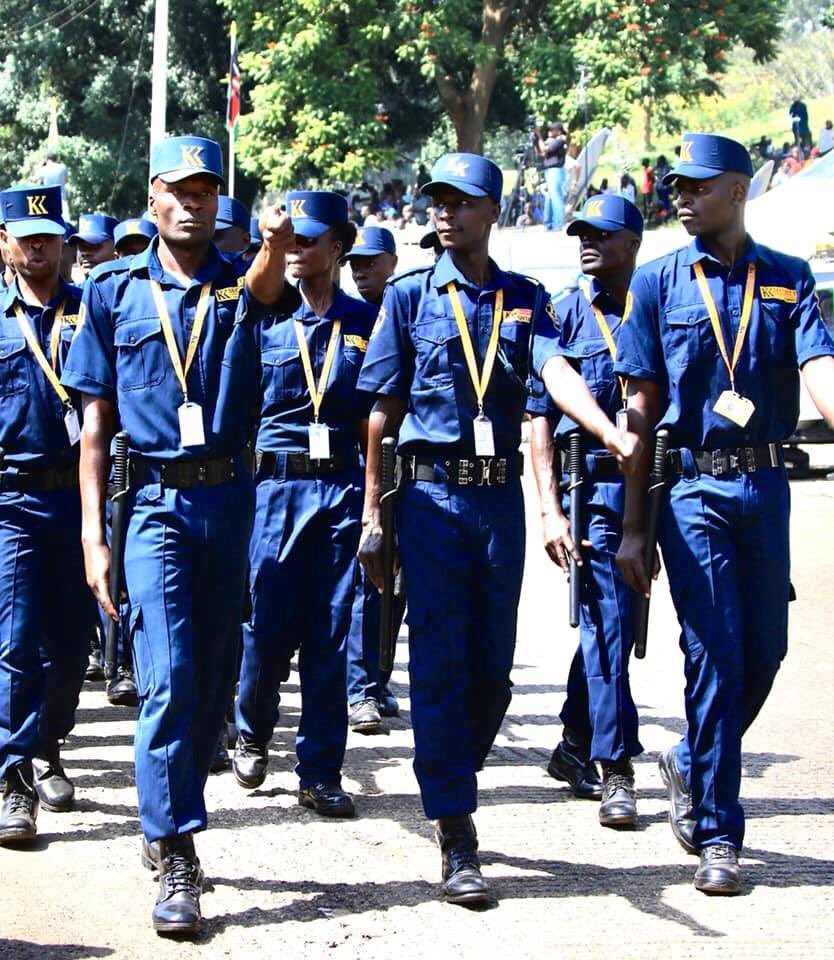
In a shocking display of mob justice, police intervened to rescue a 27-year-old man from an enraged crowd after he was caught allegedly sexually abusing a 34-year-old woman with mental disability inside the compound of a Member of County Assembly (MCA). The incident, which exposed deep failures in protection and care for vulnerable persons, has sparked outrage and calls for urgent reforms.
Caught in Act, Attacker Hunted by Neighbours
The ordeal unfolded on Wednesday in Bungoma County when a sister of the MCA visited the compound to collect belongings. She discovered the man, a neighbour who reportedly lived within the compound, assaulting the woman. She raised the alarm, prompting neighbours to swarm the scene.
Before law enforcement arrived, the assailant was battered by the mob and sustained minor injuries. He was later taken to a local hospital for medical evaluation. The victim, also taken to hospital, is receiving treatment.
Officials disclosed a troubling detail: both the accused and the victim have learning disabilities. This adds another layer of complexity to the case, as questions arise over capacity, consent, and adequate support systems.
Police Step In, Investigation Opens
Officers rushed to the compound, extracted the man from the violent crowd, and transported him to medical facilities before detention. Authorities say further legal action will follow as investigations proceed.
Public reaction has been immediate and scathing. Activists demand accountability and an overhaul of systems meant to protect persons living with mental disabilities — systems that, in this case, failed catastrophically.
Alarming Gaps in Protection
This case doesn’t stand alone. Kenya’s social and legal systems often struggle to safeguard people with disabilities. Key challenges highlighted by this incident include:
- Lack of supervision or safe housing: The accused was reportedly living inside a political leader’s compound, raising questions about oversight and accountability.
- Stigma and marginalization: Victims with mental or learning disabilities often lack allies; their abuse may go unreported or be dismissed.
- Inadequate legal frameworks: Even when cases are reported, prosecution of crimes against persons with disabilities is rare, compromised by challenges around evidence and capacity.
- Community justice dangers: Mob action, though understandable in its outrage, bypasses due process and risks further injustice.







